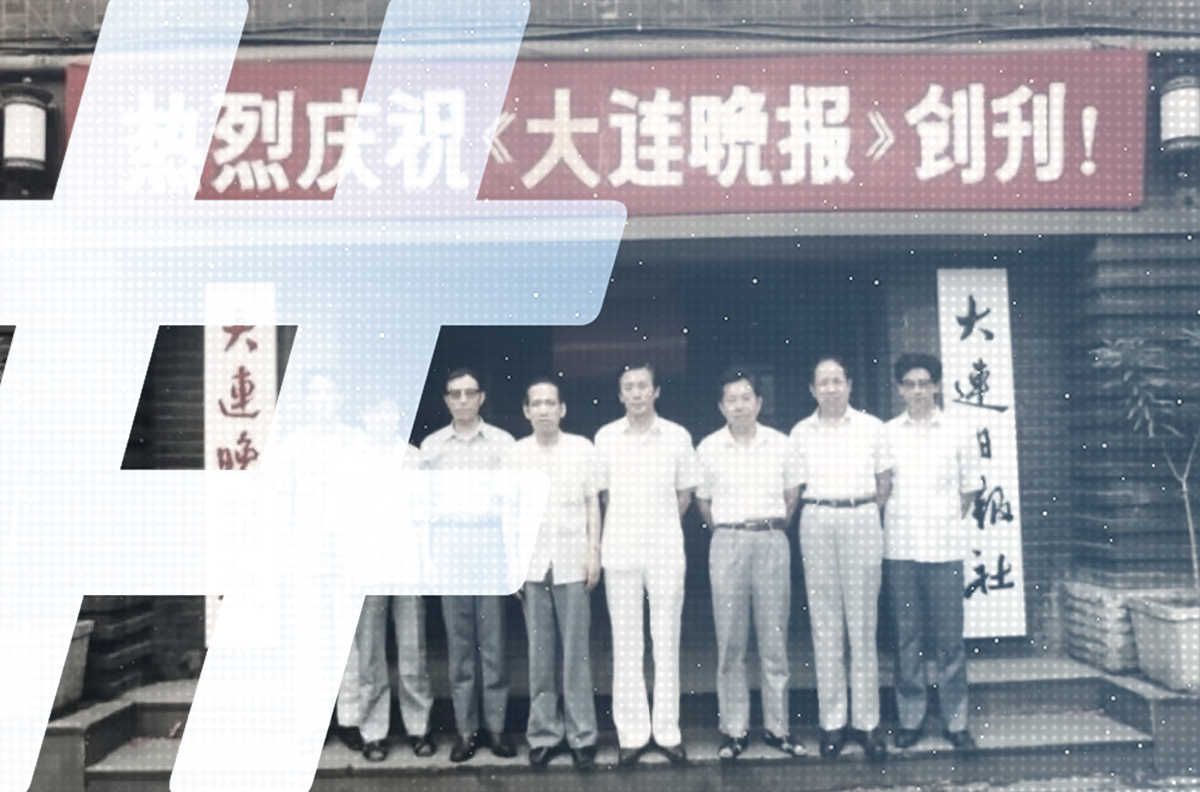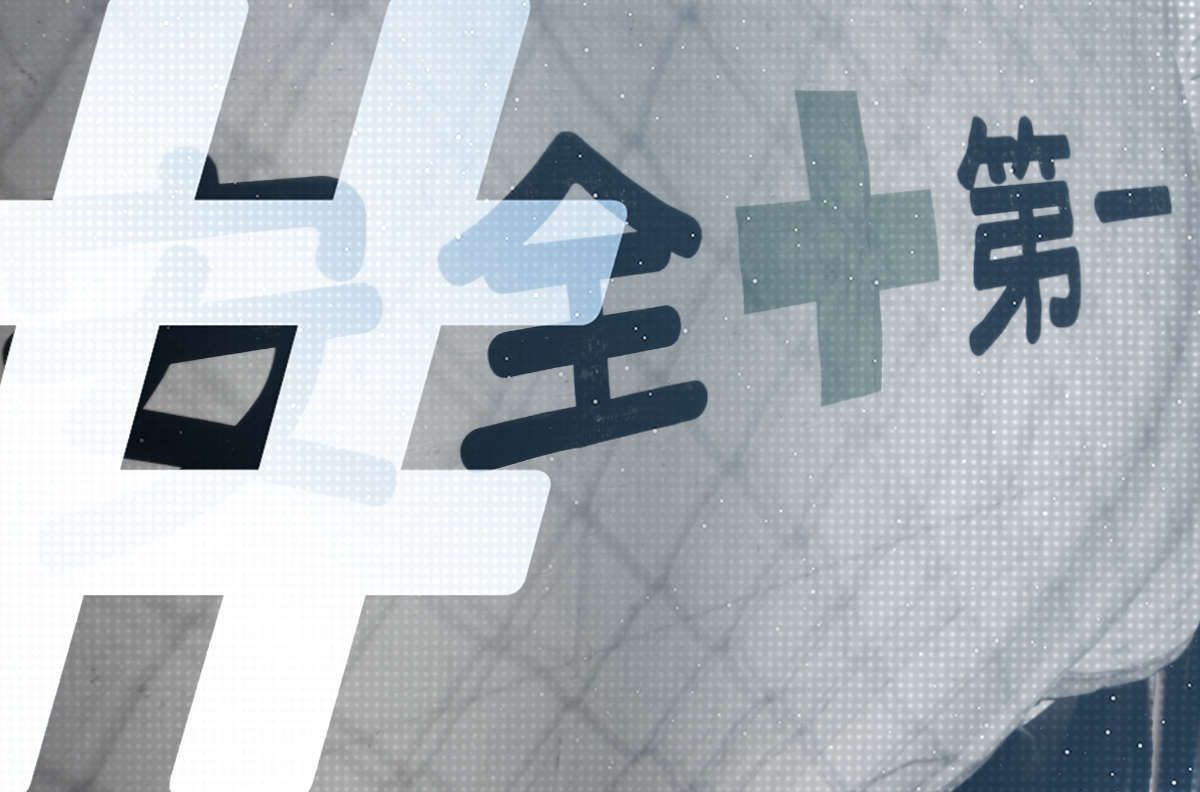Headlines and Hashtags
Investigative Journalism in China
Despite persistent pressure from state censors and other tools of political control, investigative journalism has flourished in China over the last decade. This volume offers a comprehensive, first-hand look at investigative journalism in China, including insider accounts from reporters behind some of China’s top stories in recent years. While many outsiders hold on to the stereotype of Chinese journalists as docile, subservient Party hacks, a number of brave Chinese reporters have exposed corruption and official misconduct with striking ingenuity and often at considerable personal sacrifice. Subjects have included officials pilfering state funds, directors of public charities pocketing private donations, businesses fleecing unsuspecting consumers – even the misdeeds of journalists themselves.
These case studies address critical issues of commercialization of the media, the development of ethical journalism practices, the rising specter of “news blackmail,” negotiating China’s mystifying bureaucracy, the dangers of libel suits, and how political pressures impact different stories. During fellowships at the Journalism & Media Studies Centre of the University of Hong Kong, these narratives and other background materials were fact-checked and edited by JMSC staff to address critical issues related to the media transitions currently under way in the PRC. This engaging narrative gives readers a vivid sense of how journalism is practiced in China.
–David Bandurski is a scholar at the University of Hong Kong’s China Media Project, a research and fellowship initiative of the Journalism & Media Studies Centre. Martin Hala has taught journalism at the Universities in Prague and Bratislava. –
Review on the Journalism and Media Studies Centre webpage (2010-08-23)
TABLE OF CONTENTS
INTRODUCTION
“The Journalism Tradition”
By Ying Chan
CHAPTER ONE
“The Danger of Libel: Wu Fang’s Search for Justice”
CHAPTER TWO
“Breaking Through the Silence: The Untold Story of the Henan AIDS Epidemic”
CHAPTER THREE
“The Kingdom of Lies: Unmasking the Demons of Charity”
CHAPTER FOUR
“Undercover Reporting: Ah Wen’s Nightmare”
CHAPTER FIVE
“The Journalist as Crusader: The Beijing Taxi Corruption Case”
CHAPTER SIX
“Media Corruption: Cashing in on Silence”
CHAPTER SEVEN
“Corruption Reporting: Mapping Li Zhen’s Rise to Power”
CHAPTER EIGHT
“Disaster Reporting: Where Does the Danger Come From”
CHAPTER NINE
“The Emergence of China’s Watchdog Reporting”
By Li Cho




















